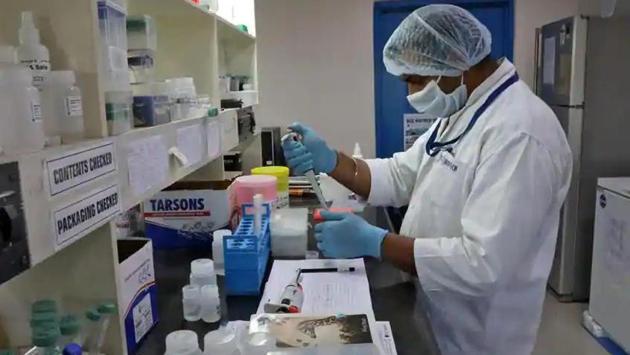Covid-19: What you need to know today
There are many existing drugs whose efficacy, when it comes to treating Covid-19, is the subject of clinical trials around the world.
Some time back, one of my editors and I went back and forth on a story about a Good Samaritan who had apparently saved hundreds of lives by ensuring that people bitten by snakes got a homeopathic antidote on time.

I’m a believer when it comes to matters of faith, but I’m otherwise a rationalist — which means I do not believe in homeopathy. There are millions of people who believe in it, and more power to them, but the newsroom is a place where data and science (not belief) must guide decisions.
But many of the people were saved, the editor argued.
I knew the counter to this because I know a little about snakes.
That’s because the bite may have been what is called a “dry bite” (one where no venom is injected), or a “partial bite” (where a little venom is), or the snake itself may have been non-venomous (which is often the case), I remember explaining.
It’s this combination of circumstances that’s probably kept in business generations of herbalists offering traditional antidotes to snake venom — and more power to these herbalists too. Caveat Emptor and all that.
I thought it was a good time to share the snakebite story because there seems to be a belief in some quarters that a miracle cure for Covid-19 is waiting to be discovered.
It may be, but the chances of one existing are low, and the probability that, if it exists, it will be found, even lower. I say this despite knowing that Oseltamivir (which many of us know better as Tamiflu), used to treat many kinds of flu, was originally derived from shikimic acid, which itself was derived from the Chinese star anise (Illicium verma), which has been around forever.
And so, speaking of snakes, all of us must guard against snake oil merchants proffering miracle cures for Covid-19.
This is what we know: there are many existing drugs whose efficacy, when it comes to treating Covid-19, is the subject of clinical trials around the world. An Indian study indicates that hydroxychloroquine (also derived from a tree), an inexpensive malaria medicine, is a prophylactic. A US study indicates that Gilead’s Remdesivir seems to work well on moderately ill Covid-19 patients if given early. And a British study indicates that the steroid dexamethasone works well on critically ill Covid-19 patients who are on ventilator or oxygen support (when given late) (see page 5).
This is what science tells us and this is what we must believe, all of us.
Governments, medical research organisations, drug controllers, everyone has a duty to see that we do — and facilitate this belief in science by coming down hard on anything that isn’t science (or worse still, is pseudo-science).
This doesn’t always happen; even in the midst of the current Covid-19 crisis, some Indian state governments have been disingenuous, equating Ayurvedic medicines that boost general immunity with Covid-19 cures. There is no Ayurvedic medicine for Covid-19; at least, not yet.
India’s drug regulator, Drug Controller General of India, the Indian Council of Medical Research, and the Union and state health ministries must ensure that no one pitches a cure for Covid-19 without going through due scientific process. In a country of believers, the consequences of allowing a company or an individual to launch a miracle cure for Covid-19 that hasn’t been scientifically tested would be disastrous.
India is a country that believes in home remedies. Many work (and work well), obviating the need for allopathic intervention that, apart from being expensive, could also take its toll on the body. But Covid-19 isn’t going to be cured by home remedies.
We should all believe that.
P.S.: I’d be delighted if someone were to discover a home remedy for Covid-19.






